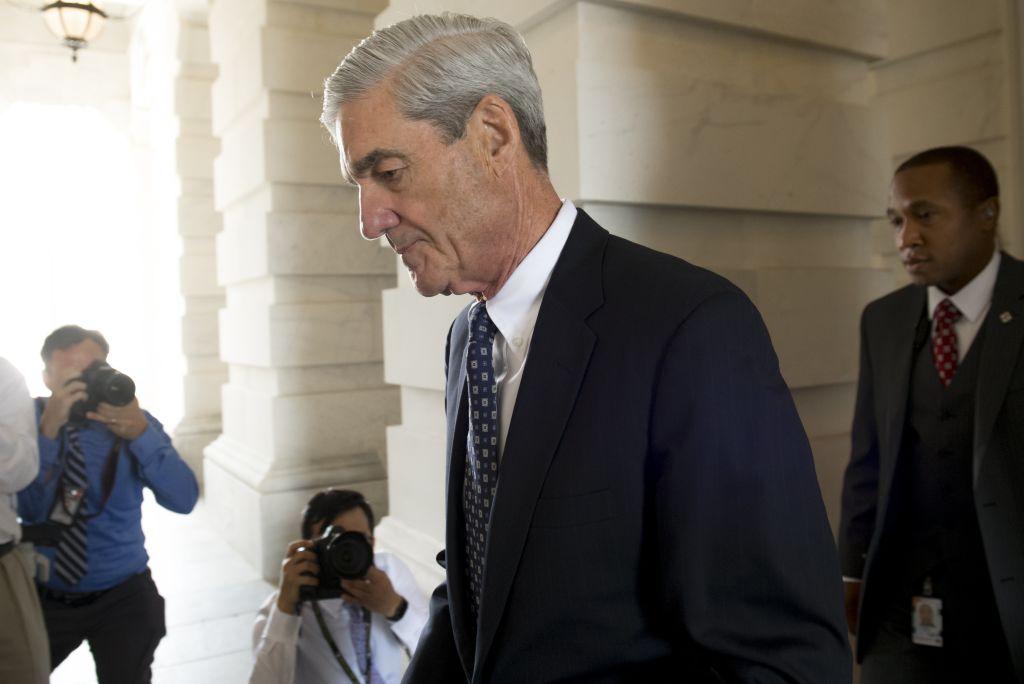Pressure is growing in Washington for the public release of a classified House Intelligence report, which allegedly ties together the FBI, abuses of FISA requests for surveillance, and the Democrat-funded dossier that was used to frame the Trump-Russia narrative.
Details on the report, referred to as “The Memo,” are still thin. Several members of Congress spoke out on Jan. 19, however, saying its contents expose a scandal that could shake Washington to its core.





